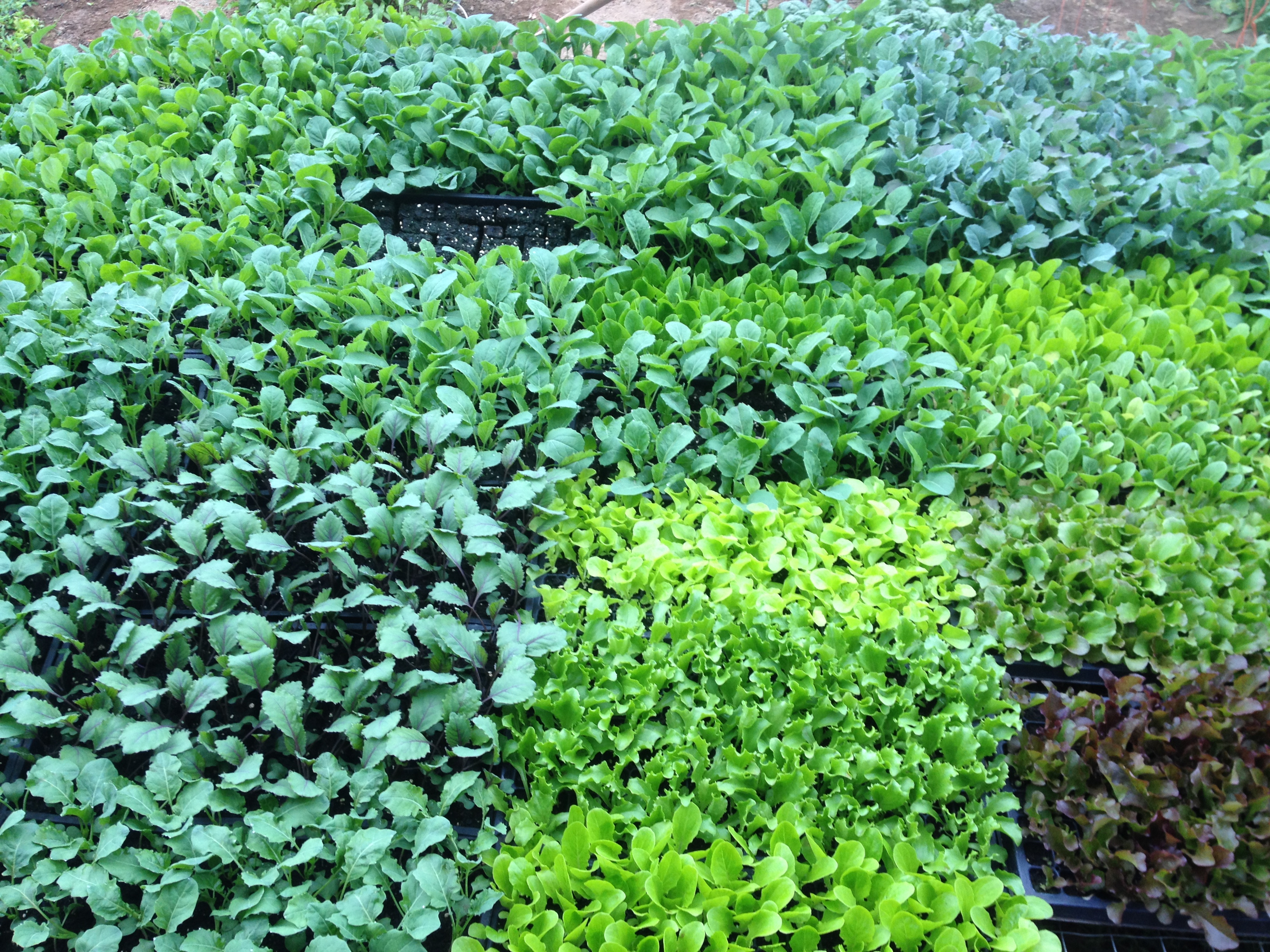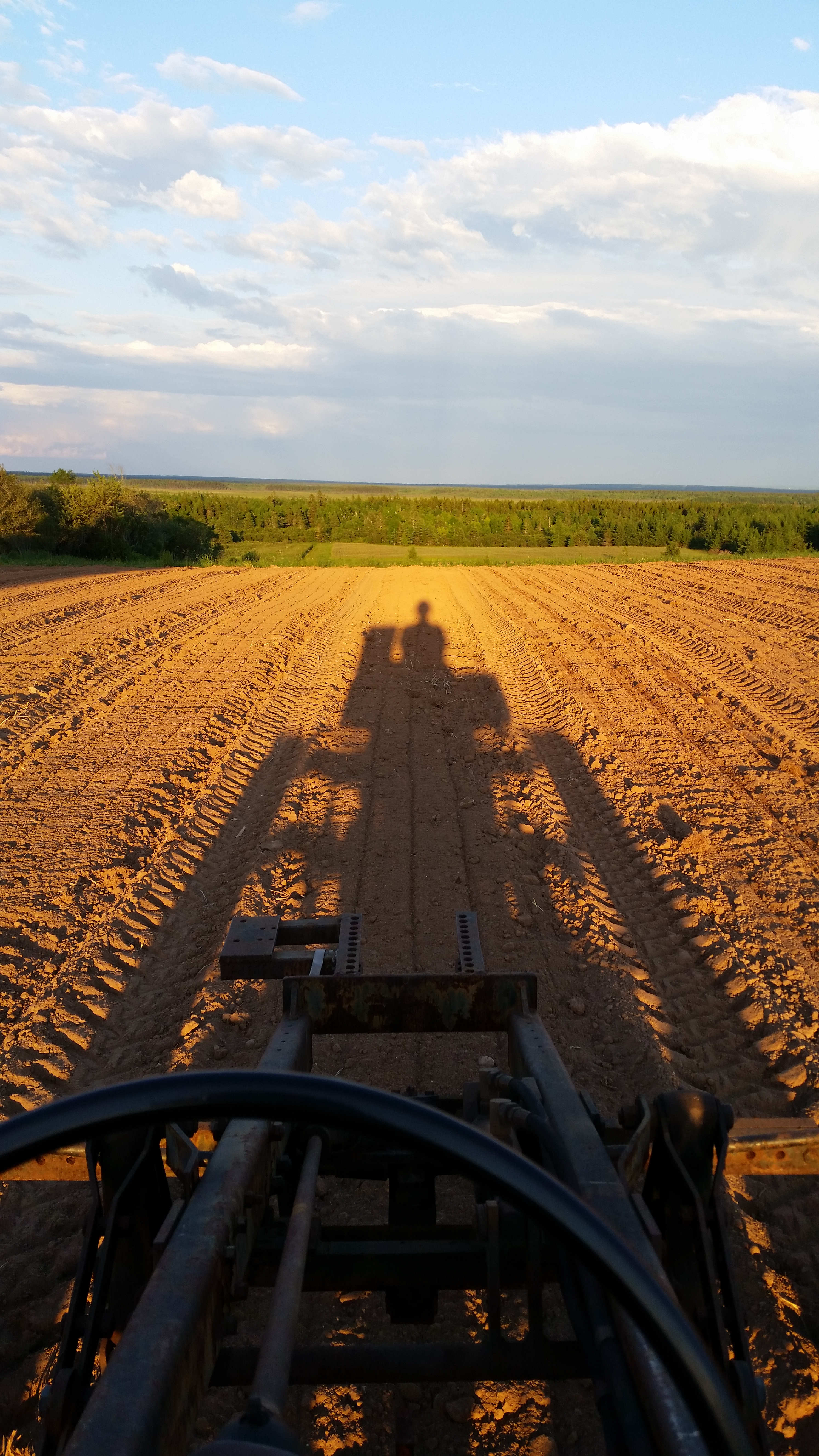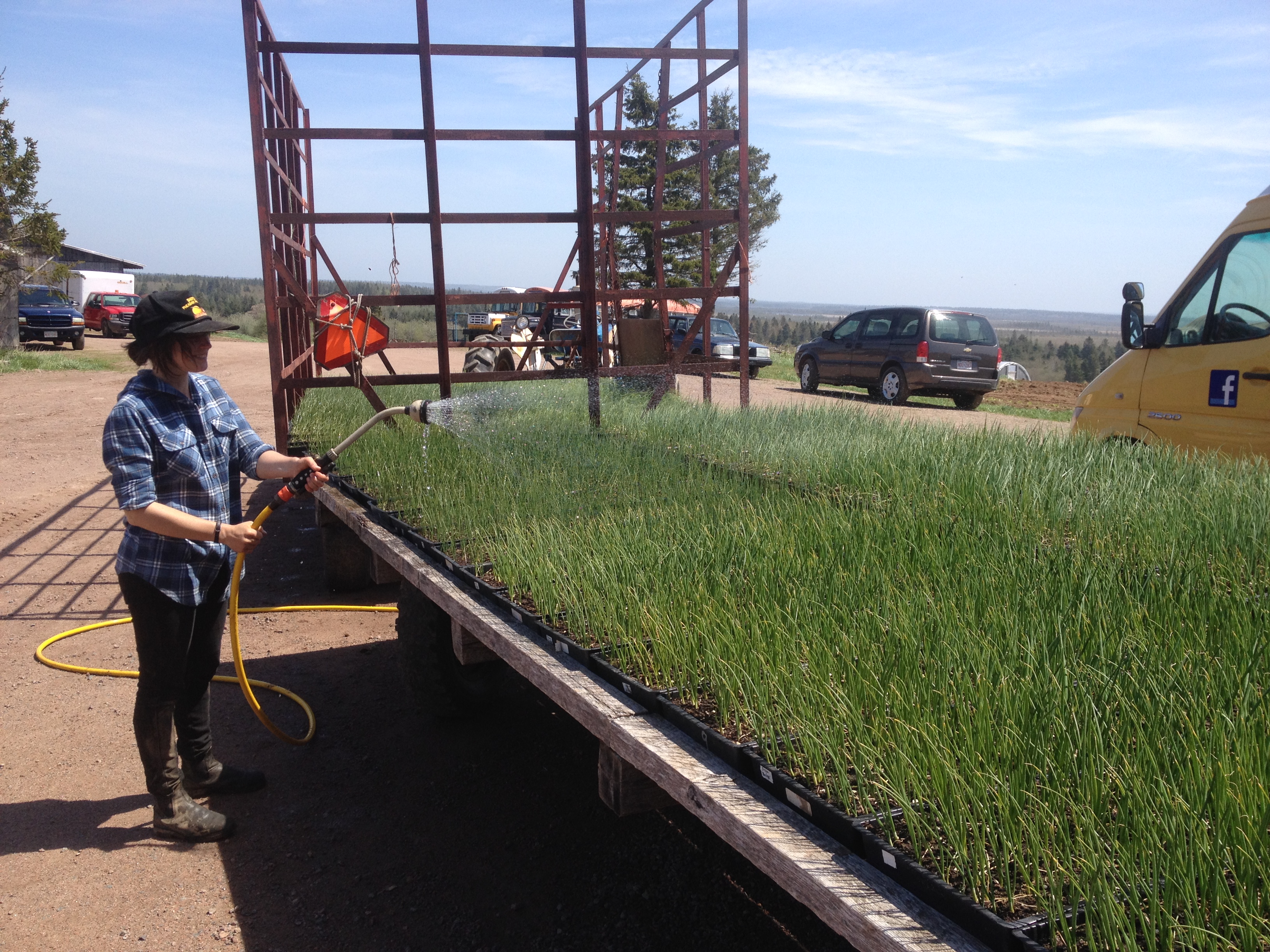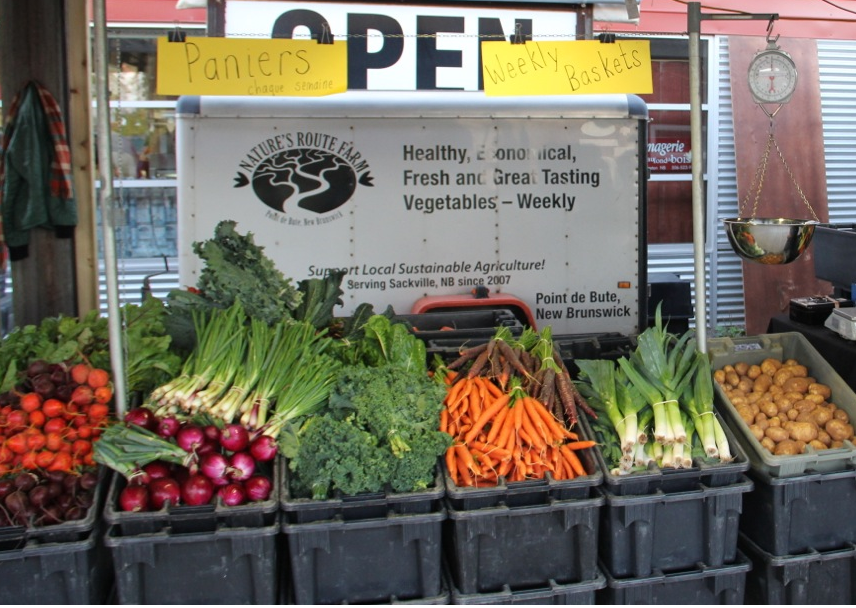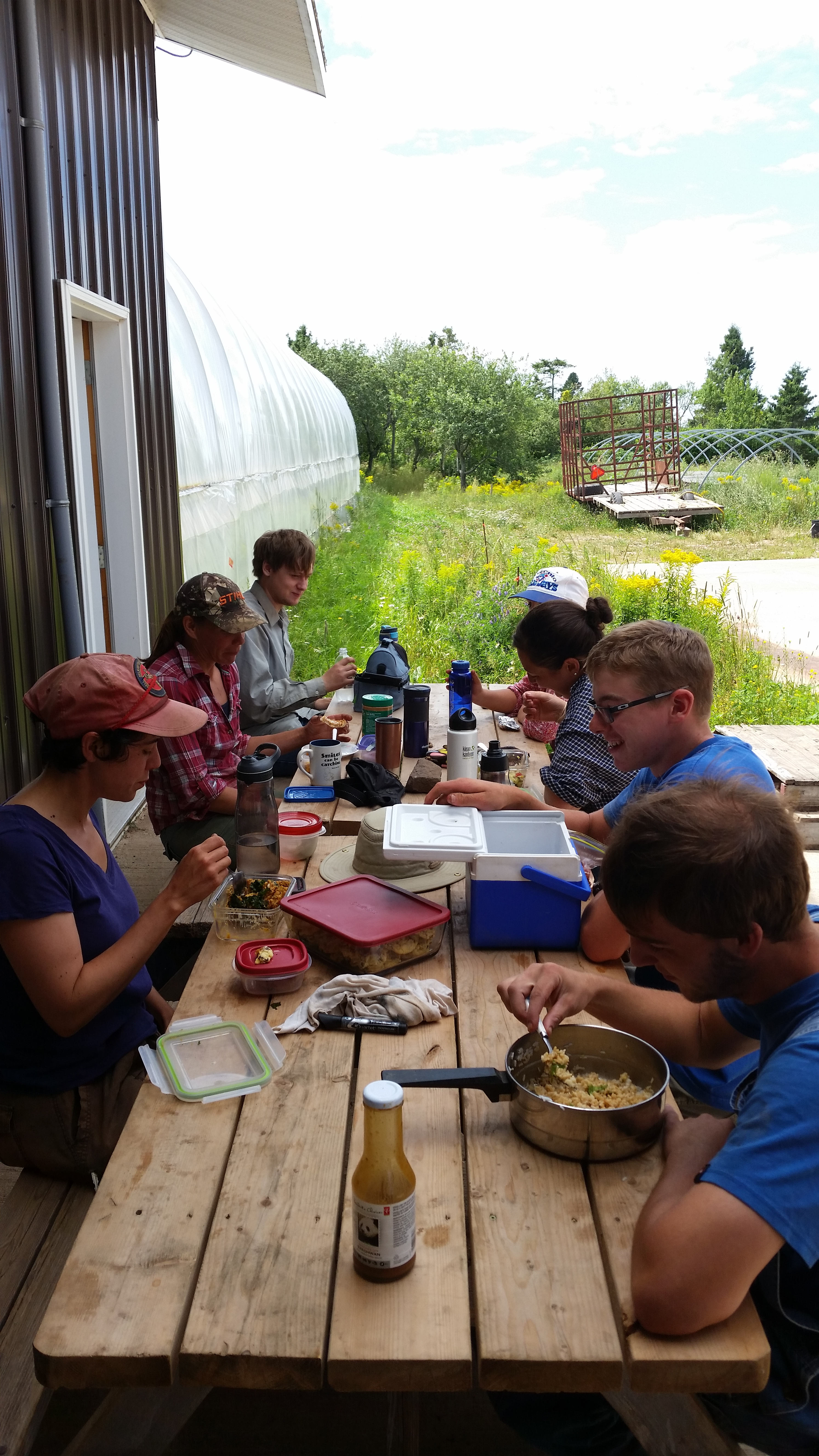
Welcome to Nature’s Route Farm
Bringing Dieppe, Moncton and Sackville our fresh organic vegetables all year long!
About Nature’s Route Farm

Nature’s Route Farm started in 2007 when Kent gave up his engineering career to grow vegetables. The farm started small with no staff and limited equipment and has grown and grown. We grow certified organic mixed vegetables from carrots and potatoes to lettuce and tomatoes. We pride ourselves in producing the highest quality and best tasting veggies, thanks to our dedicated staff and our committed customers.
Starting as a Community-Supported Agriculture (CSA) farm we have expanded into local Farmers’ Markets as well as small wholesalers from Halifax, NS to Woodstock, NB.
Growing small scale organic vegetables relies on a tremendous amount of hand work and attention to details. Our team works hard to make it possible. From our farm workers and their families in Mexico to our farm management staff to our market staff and our customers, our vegetables’ path bring us abundance and nourishment. It feels great to feed so many communities.
Where to Find our Produce
We sell our vegetables at the Dieppe Market, Moncton Market and Sackville Farmers’ Market all year long.
Photos from the Farm
Contact Us
785 Route 16
Point de Bute NB E4L 2P1
Telephone: (506) 536-3562
Email: kentcoates@naturesroutefarm.ca
© Nature’s Route Farm 2025











